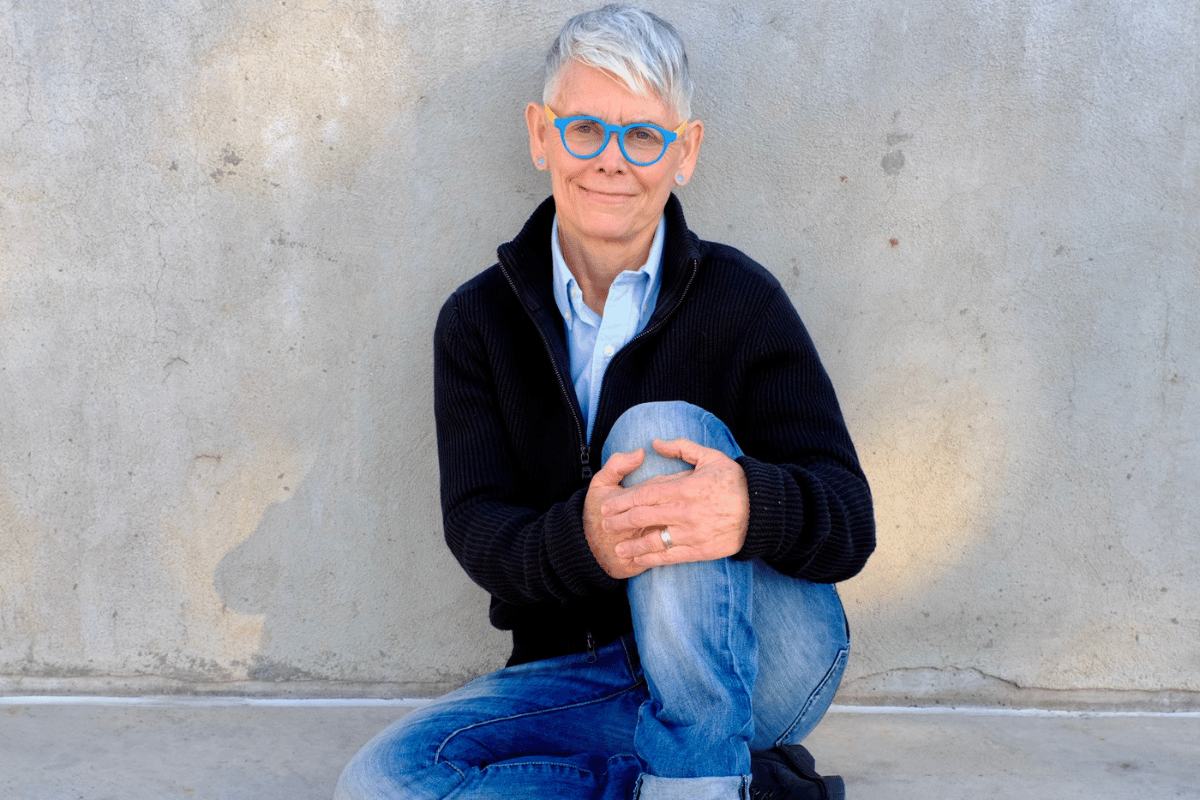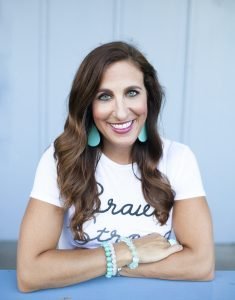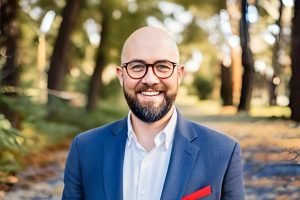Last updated on December 27, 2022
Lyn Christian is the founder of SoulSalt in Salt Lake City. Lyn and their team of coaches teach clients the mental fortitude to power through life’s greatest challenges—basically, “how to be a badass.” We hope you enjoy learning more about Lyn’s evolution as a coach and their advice for those who want to enhance their practice.
Coaching Focus: SoulSalt, Inc. is “in the business of courage. Individuals come to us when facing a risk, and or pursuing potential opportunities. We support them to play to win versus playing to not lose. We focus our efforts on career reinventors, entrepreneurs, and evolving leaders.”
Location: Salt Lake City, Utah, USA
Connect: You can find Lyn online at the SoulSalt website as well as on Instagram, Facebook, and LinkedIn.
Tell us about your journey as a coach.
I started in 1998 after receiving coaching to make a career transition. What stuck with me the most was the character of the coach and the quality of her life. I wanted both.
I started learning at CoachU as I worked full-time at Franklin Covey. By the time I received my MCC designation, I was asked to be the Director of Innovation at Franklin Covey Coaching. I accepted, and yet that vision of entrepreneurship from my initial coach nudged me to build my own practice, which I stepped into full-time in 2004. I got my first clients from word of mouth, and that continues to be a big part of our client base today.
I coach individuals who are seeking to rally the courage it takes to live true to oneself instead of living a life for others. I’ve given a TEDx Talk, and I’m currently awaiting the SoulSalt book, which comes out in February of 2023.
In the past few years, we as an organization have also spent time and money to build our SEO capacity. This has given us a chance to coach larger corporations on the global scene. Coaching has evolved from being an unknown to becoming a profitable and highly recognized industry.
What courses, programs, or certifications have you done? Would you recommend them, and for whom?
- Marshall Goldsmith’s Stakeholder Centered Coach Certification
- Judith E. Glaser’s Conversational Intelligence Certification
- Multiple Brain Integration (mBIT) Certification
- Accelerated Coach Excellence (ACE)
- I’m currently working through High Impact Coaching with the Thinkers 50
These have been wonderful fits for me in that they offered everything I’ve needed, from neuroscience and performance to leadership development.
I would say that the ACE and the High Impact Coaching are the most cutting-edge at the moment and worth every minute and every penny you might invest. They have given me tools just when I needed them most, as well as research to validate the tools. They have boosted my skills in a way that has actually brought me more clients.
What are your thoughts on “choosing a niche” as a coach?
I would say that you have to start somewhere. So pick a niche that speaks to you at the time and hold onto it lightly. Most coaches evolve over time as they settle into their own coaching style and skillset.
What stuck with me the most was the character of the coach and the quality of her life. I wanted both.
I started out, for example, coaching in what would be considered a “restorative” portion of life coaching. I worked with folks just crossing the threshold of therapy into coaching. Sometimes they worked with me while working with a therapist.
At one point, my clients were all part of project management teams. Today, I work with people who are either reinventing their working identities, leveling up their leadership skills, or in the early stages of entrepreneurship. What do these three sectors have in common? My answer: They all involve human innovation. Every client is innovating who they are and what they can achieve with the innate salt of their soul.
Finding a niche is a journey of discovery. You must start someplace. You can travel to many places to find your most advantageous fits.
Do you have any examples of how a “failure” set you up for later success?
Yes—at some point I wore out teaching. What once was a strength became a liability. My first 15 years as a school teacher found me winning awards and accolades. Eventually, I found that my innovative ways ruffled the feathers of a few belligerent peers who set out to trip me up and bad-mouth me to my principal and to the community.

It felt like failure when I left education under the heaviness of their persecution. However, had I not left to find my way to business, I never would have discovered coaching and my current passion for this work.
If you could put a message on a huge billboard—getting a message out to millions—what would it say and why?
What is my message to the world? It comes from Teddy Roosevelt’s Citizenship in a Republic speech given in France. Often called the “Man in the Arena” quote, I would publish this:
“It is not the critic who counts; not the man who points out how the strong man stumbles, or where the doer of deeds could have done them better. The credit belongs to the man who is actually in the arena, whose face is marred by dust and sweat and blood; who strives valiantly; who errs, who comes short again and again, because there is no effort without error and shortcoming; but who does actually strive to do the deeds; who knows great enthusiasms, the great devotions; who spends himself in a worthy cause; who at the best knows in the end the triumph of high achievement, and who at the worst, if he fails, at least fails while daring greatly, so that his place shall never be with those cold and timid souls who neither know victory nor defeat.”
Teddy Roosevelt
Under it I would add this:
“If you’re not in the arena, I’m not your coach. If you are in the arena, let’s talk. I might just be the person to support you to earn a living and/or live your life by doing things that inspire you.”
The Life Coach Magazine staff is your team for high-quality content on topics from personal development, to coaching tips, to how to grow your coaching business.










Be First to Comment